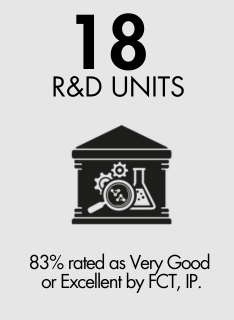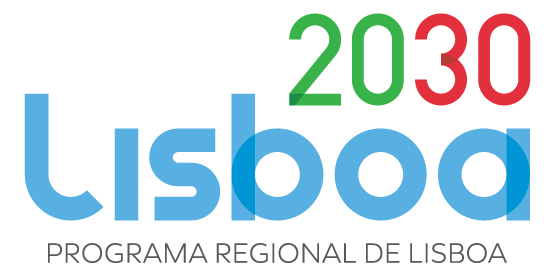Applicants to the MolBioS program should have a strong background in biological sciences, including a degree in biology, biochemistry, agronomy, medicine, or related fields. Students with other academic backgrounds may also be accepted, provided their area overlaps with biology (e.g., chemistry, bioinformatics, biophysics). Candidates must be fluent in English, as it is the official language of the program.
Admission Requirements
Applicants must have a strong academic record and meet the following minimum requirements:
- Hold a Master's degree or legally equivalent qualification;
- Hold a Bachelor's degree with a relevant academic or scientific background, recognized by the Doctoral Program’s Scientific Committee and approved by the ITQB NOVA Scientific Council, demonstrating the capacity to carry out the program;
- Hold an academic, scientific, or professional curriculum recognized by the Doctoral Program’s Scientific Committee and approved by the Scientific Council, demonstrating the capacity to carry out the program;
- All applicants must be fluent in English.
Selection criteria
Applicants to this PhD Program are selected by its Scientific Committee based on the following criteria (candidates must receive a positive evaluation in all three):
a) Academic background, weighted at 50%;
b) PhD research plan, weighted at 25%;
c) Merit of the hosting conditions, weighted at 25%.




























